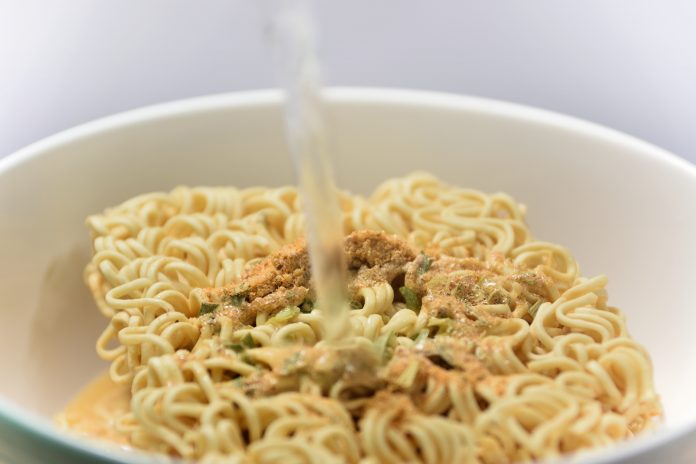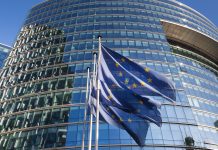A team at the University of Nottingham are working with OLIO to create a “food poverty map” via machine learning that could help local authorities target their food support
The UK cannot define hunger in a concrete way – instead, it uses the measurement of food insecurity. Food insecurity is a limited access to food, due to lack of money or other resources. This can range from access to fresh fruit and vegetables, to access to a whole meal. These problems are often conceptualised as belonging to ‘developing’ nations – yet the UK is the fifth richest country in the world.
“Infancy and childhood are critical periods for growth and development, and good nutrition is important to obtain the best outcomes,” said Professor Mary Fewtrell, Nutrition Lead at the Royal College of Paediatrics and Child Health.
According to a 2018 report by the Food and Agriculture Organisation (FAO), four million people across the UK are living in situations of moderate to severe food insecurity. Two years ago, that was the highest reported level in Europe. With the economic impact of the pandemic still rippling across the country, this level is predicted to increase.
June O’Sullivan MBE, CEO of London Early Years Foundation (LEYF), writing for Open Access Government earlier in the week, said:
“As CEO of a childcare social enterprise which operates 39 nurseries across London (many in deprived communities), nurseries across the country are overwhelmed by the sheer demand for free food, clothing and hygiene products from parents badly affected by poverty during the pandemic.
“Many operators do what they can, but supplies are running short and we are seeing children arrive hungry.”
What could a “food poverty map” do to help hungry children?
Amidst increased demand for food banks during COVID-19, OLIO, the social enterprise and food-sharing app, and N/LAB, a centre for business analytics at the University of Nottingham, are transforming the UK’s ability to combat food insecurity.
OLIO will leverage machine learning and OLIO’s proprietary data to create a ‘Food Poverty Map’, an interactive tool to pinpoint and track areas currently suffering from food insecurity or most likely to fall into food insecurity.
This solves a major problem for councils and local authorities currently fighting food poverty in their area: a lack of up-to-date and representative data. The map uses from OLIO’s real-time, anonymised data – enabling government bodies to predict, measure and proactively help those who are forced to skip meals or suffering from limited access to nutritious food.
OLIO and N/LAB will kick off Phase I of the project by building a proof-of-concept dashboard, funded through a £47,000 grant from Innovate UK, the UK’s innovation agency. This will be designed in conjunction with the London Borough of Havering, identifying specific requirements to address and prevent food poverty.
Councillor Damian White, Leader of Havering Council, said: “Havering did an amazing job through lockdown to help respond to the Covid-19 crisis and protect our residents, supported throughout by all our incredible volunteers and the foodbanks, in particular.”
“The ability for local authorities to have access to real-time data concerning food poverty in communities would be very helpful.”











